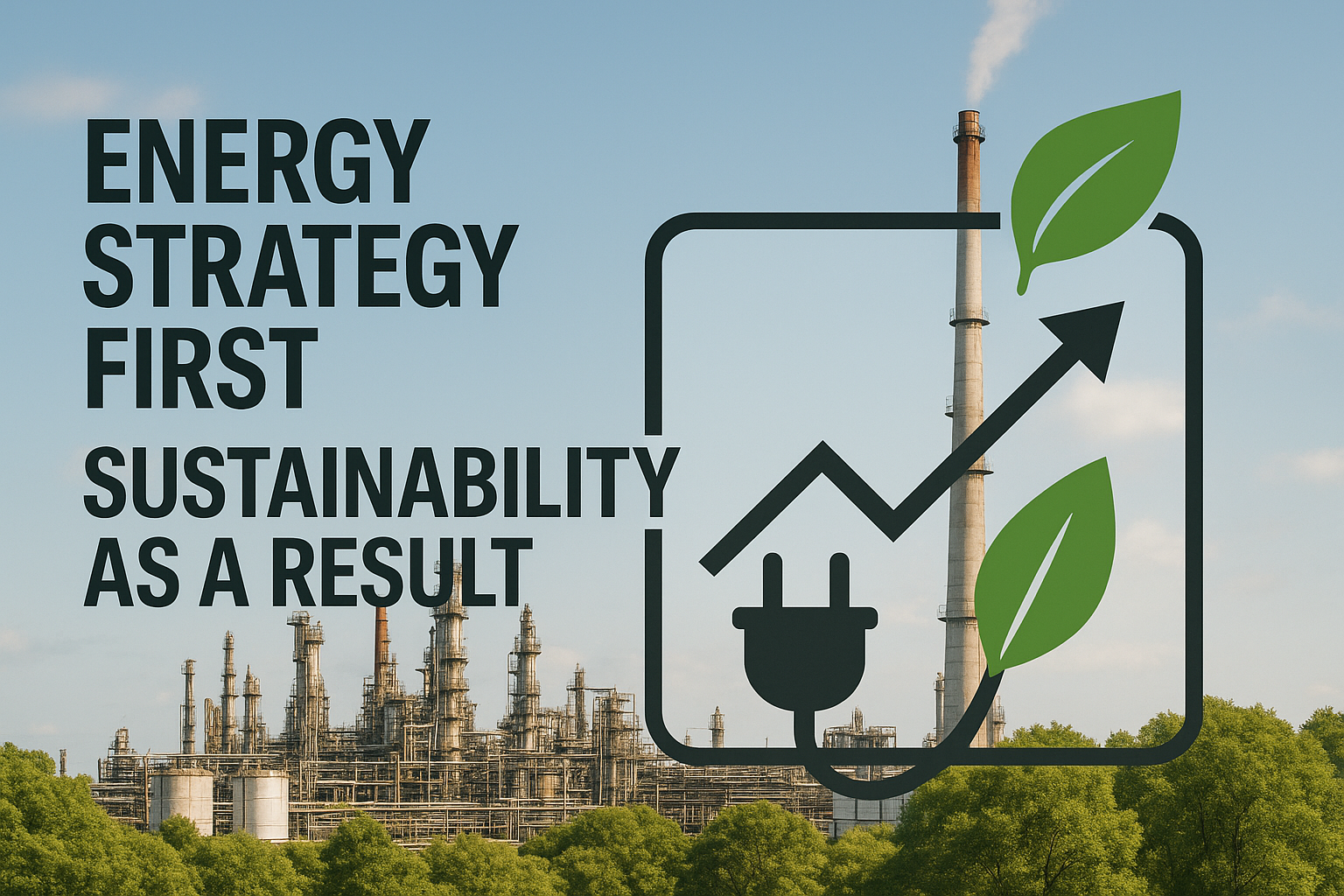By Gil Cohen, CEO of Imubit
Earlier this month, Imubit brought together over 40 refining professionals from 13 companies across 6 countries for two energizing Transcend events in Athens and Munich. These weren’t just knowledge-sharing sessions — they were deep, honest conversations about the operational challenges facing the industry today, and how AI is being embraced not just as a tool, but as a catalyst for transformation.
From safety and reliability, to economic optimization and workforce reskilling, the themes were clear — and the appetite for innovation was strong.
We were proud to be joined by teams from OMV, Clariant, Rosneft, HelleniQ, MOL, MOH, BP, and others — each bringing perspective, experience, and sharp questions to the table.
Here’s what a few attendees had to say:
- “Glad to see the mathematical foundations behind Imubit AI.” – OMV
- “Fantastic overview of process control optimization techniques.” – Clariant
- “A day full of valuable exchanges and deeper understanding of AI applications.” – Rosneft

In the session “From coffee to crude: democratizing model building,” Imbuit Business Consultant, Dennis Rohe, gave us a hands-on taste of how accessible it can be to build models and derive decisions from raw data—whether you’re optimizing espresso or a conversion unit.
While meeting with refining leaders during our Transcend EU events, I asked a simple but important question:
What are your top concerns?
The first thing that came up — short term, day to day — is safety. Long term, it was survival. Will my company be around in 10 years, given the unpredictable macroeconomic environment and the company and the plant’s competitive position as a business?
Tracing back from the existential question of survival, several key themes come up in conversations, and are evident in recent surveys as well:
- Reliability – Unplanned outages are a plague, especially in aging western refineries. Most unplanned outages are not formally reported, making it challenging to draw industry-wide data. Mckinsey writes about it here.
- Economic Optimization – When the plant runs safely and reliably, the priority shifts to optimization and dealing with the multi-year margin pressure and crude source dynamics.
- Workforce reskilling – Valued but not prioritized. 92% of executives appreciate the reskilling and training of their workforce, but due to a lack of urgency compared to safety, reliability, and optimization, this area is generally not prioritized, and only 29% of companies are investing in retraining. Survey is here.
While the adoption of AI is increasingly paramount to the longevity and prosperity of every business, only 15% of Oil & Gas companies use AI in live, day-to-day operations. Only 3% report highly integrated use of AI. Several potential reasons came up for this lack of integration of AI into the daily refinery operations:
- Data privacy and cybersecurity
- Reliability of AI models and their trustworthiness
- Understandability of model outputs
- Bandwidth of plant engineers and operators – Keeping the plant running is a full-time job.
- Overload in company initiatives, where every problem solved with AI requires a multi-year initiative, with multidisciplinary support, governance structures and change management.
What kind of AI can address these concerns and help refiners survive and thrive?
Large Language Models (LLMs) are disrupting all industries and enabling small and large businesses from all sectors to accomplish more with their existing staff. Many roles are being redefined to leverage AI for automation of tasks which involve certain workflows and processing, while focusing human attention on areas that require a deep understanding of the environment and ability to come up with new ideas that the AI hasn’t seen before.
While LLMs are proven to solve a wide range of problems, a different form of AI is required in addition to LLMs to solve these key problems. In order to trust AI models to make plant decisions, certain properties are required by refiners:
- The AI model must be trained on the plant’s specific dataset, or a known, documented, trusted dataset.
- Specifically, due to the safety-critical environment, plant engineers need to control every source of data fed into AI model training, and every datapoint within every data source.
- The plant process dynamics captured by the model must be transparent to the user, and also controlled by the user if desired.
- Modeling Democratization – everyone at the plant can evaluate, simulate, update and build models.
- Capture the true dynamics of the plant from the plant data and provide insights to all technical staff, not relying on human generated documentation and tribal knowledge, biased assumptions.
- Serve as single model for a specific area of the plant that represents the plant in such a way that is useful for all technical plant disciplines
- Single initiative that solves multiple problems, thereby reducing the need for engineers and operators to learn new tools, and reducing management and organizational burden of new initiatives, governance, change management.
Where Are You on the AIO Journey?
If these challenges resonate with you, it may be time to evaluate where your operations stand on the path to truly integrated, refinery-grade AI Optimization.
Request a complimentary AIO Readiness Assessment to understand how your plant can move beyond incremental improvements and start solving for reliability, optimization, and workforce enablement — with one trusted initiative.




